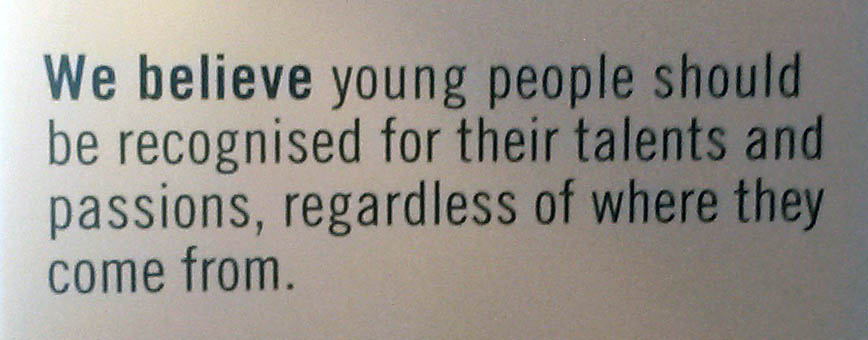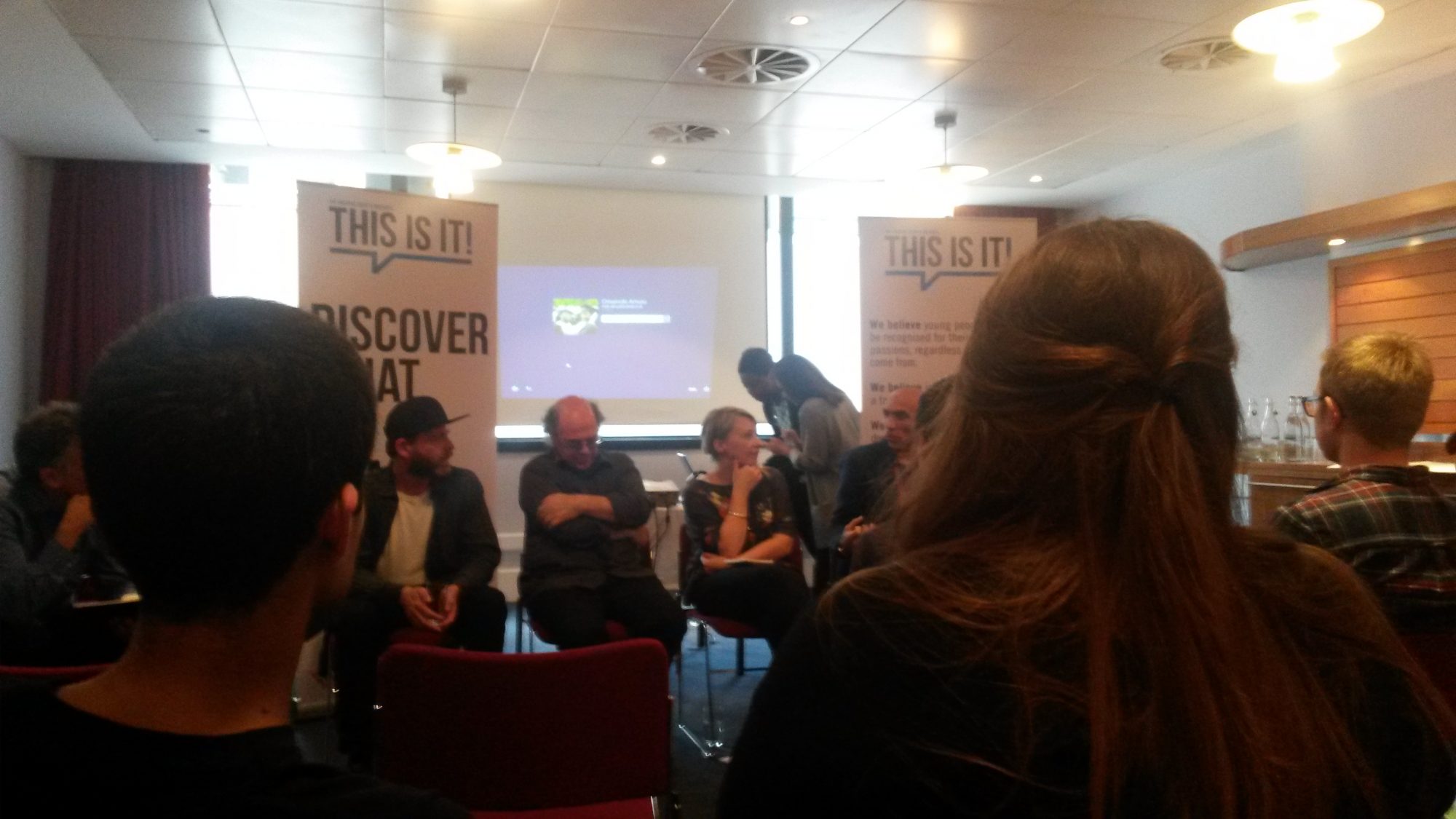Old content
This post is over 3 years old. Some of the content might be out of date. If your after something more up date, check out our latest posts. If you want to find out more about the content on this page, contact us.
Three best bits of advice from speakers:
1. NETWORKING: KNOW WHO YOU ARE AND WHAT YOU WANT
Successful people in the arts want to help young people. Even if they seem like they are too busy or important, they will usually listen. The best way to get through is to succinctly introduce yourself by stating who you are, what you are doing, and where you want to go. If they don’t know what you want or what you can offer, they can’t help you and won’t remember you, so work out the above and how to say it in two sentences, and then use it.
2. APPLYING FOR JOBS WITHOUT EXPERIENCE: DEMONSTRATE WHAT YOU HAVE DONE
According to the speakers I heard that actually employ people, they are looking for experience. But it doesn’t have to be perfect. If you want to work in events, put on some events, even if it’s just inviting ten people to come see a band play in your back garden. It shows more initiative and passion than someone who has done nothing.
3. YOUR GOALS: LONG TERM PLANS CAN CHANGE
It is important to have goals. Plan specifics for within the year, and then think big for the future. But remember that your long term plans aren’t written in stone. There will be a whole variety of opportunities that will come your way and by keeping an open mind you won’t miss out on potentially exciting projects.
Two things to remember at your next networking event:
1. DON’T BE PUT OFF BY PRO-SCHMOOZERS
You know who I am talking about. Someone with a super shiny haircut and an enviable sense of not too smart but still smart dressing. Someone who confidently shakes hands left right and centre, seems to have a mutual contact with everyone and will only talk to you until they learn that talking to you won’t benefit them. Members of this species are actually few and far between and will probably look a lot more confident than they feel, but remain intimidating to the external observer. Ignoring them and concentrating on what you want to do is the best option. And if that doesn’t work, spend five minutes having some non-work related conversation to maintain the moral high ground.
2. DECIDE WHAT YOU WANT ‘SUCCESS’ TO MEAN
You will constantly be told that you won’t be successful without giving up certain things, that you have to work so hard you don’t see your friends and that holidays will be a thing of the past. And maybe for some people this is true. But it’s important to remember what your personal measure of success is. Some people won’t feel successful if they aren’t at the top of their field, but success can be simply be being excellent at whatever you have chosen to do and being happy in that role. Don’t let others force their ideas of success on to you.
Events such as these are really useful and I would recommend going to one if possible. Below are some useful links to companies or events for young creatives that I heard about on the day:
http://www.thecreativesociety.co.uk/


